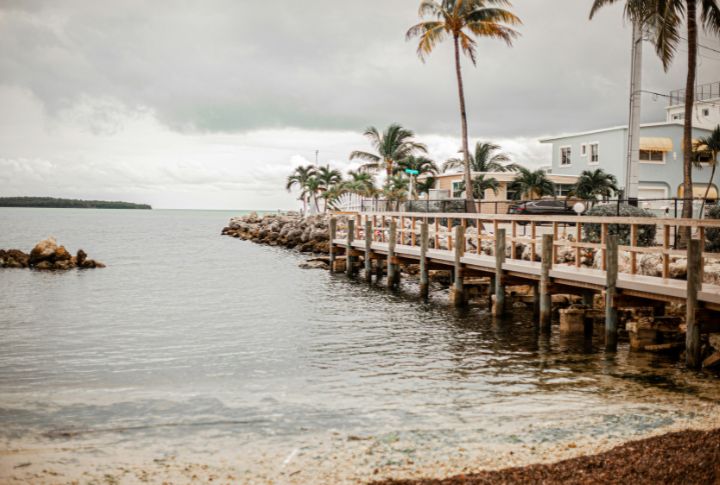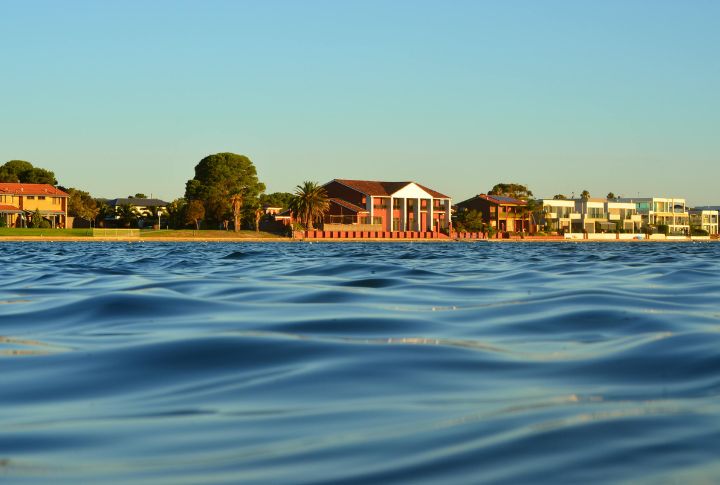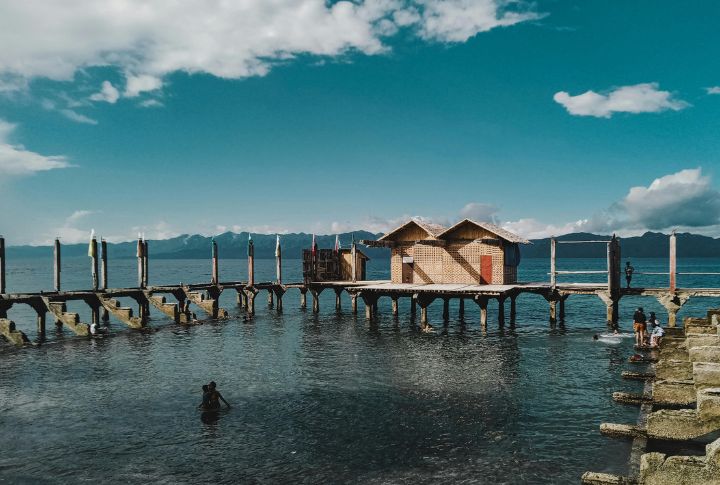
Many dream of owning a home with ocean views, but the ultra-wealthy often think twice before investing. Their insights into waterfront properties might save you money and headaches in the long run. Let’s explore what the rich know about seaside real estate that could benefit you, too.
Introduction to Waterfront Living

Waterfront properties often gain attention with stunning views and recreational opportunities. However, the reality can be quite different. Affluent investors understand the hidden challenges that come with these homes. And so, it will be good for you to gain insight into the complexities before considering a waterfront investment.
Hidden Costs of Maintenance

Owning a waterfront property usually comes with higher maintenance costs. You have to deal with erosion control, dock upkeep, and seawall repairs. Many rich homeowners find these hidden costs can really impact their bottom line. Setting aside a budget for ongoing maintenance before purchasing is wise.
The Price of Protection

When it comes to waterfront properties, insurance premiums can take a big bite out of your wallet. Flood insurance is actually a must-have, and it can be surprisingly expensive. Opulent buyers typically factor these costs into their overall budget but might still get caught off guard.
Navigating Environmental Risks

Waterfront properties face unique environmental risks, like flooding and hurricanes. These factors can affect safety and property value over time. Savvy investors take a close look at these risks, knowing that location plays a huge role in their decision-making process.
Seasonal Demand Swings

Living by the water means dealing with seasonal fluctuations in demand. Sure, renting out in summer might bring in great income, but winter could leave you with empty rooms. And so, it’s advised to look for properties that appeal year-round to keep those returns steady.
Resale Value Realities

Not every waterfront property appreciates over time, and you need to know that market trends can change quickly. Some homes may even lose value if conditions aren’t right. Make sure to do your homework and check out the market trends to gauge the potential resale value of your property beforehand.
Understanding Zoning Limitations

Zoning regulations can limit what you can do with a waterfront property. Restrictions on building or renovations might throw a wrench in your plans for expansion or upgrades. As an investor, you must familiarize yourself with local zoning laws to avoid surprises. A quick chat with local authorities can clarify what’s allowed.
Accessibility Challenges

Waterfront living may sometimes present accessibility challenges, especially during storms or severe weather. The roads might become impassable, cutting off access to essential services and amenities. Hence, it is vital to learn about the access routes beforehand carefully and whether there is year-round access.
Balancing Noise and Privacy

More often than not, living near the water can mean that you have to deal with noise from boats and jet skis buzzing around. Plus, some areas may lack privacy due to public access points or nearby developments. A great tip for you will be to weigh these factors against their desire for beautiful views and peace.
Community Vibes Matter

Waterfront communities come in different shapes and sizes and offer different vibes and lifestyles. Some areas cater primarily to tourists, while others focus on residential living and community engagement. Before committing, take some time to check to see if the community aligns with your lifestyle preferences.
Seasonal Maintenance Needs

Seasonal changes bring their own set of maintenance challenges for waterfront properties. Winter storms might damage docks or landscaping, while summer heat requires extra care for outdoor spaces. Many wealthy owners hire professionals to handle these tasks effectively throughout the year.
Limited Privacy from Water

Fences block land-based onlookers, but the waterside often stays open. Boaters and paddlers get clear views of waterfront homes. The rich prefer spots with privacy from all angles, including the water. They know true seclusion on the coast is rare and choose properties carefully to maintain their personal space.
Lifestyle Considerations

While waterfront living offers stunning views and recreational opportunities, it may not suit everyone’s lifestyle preferences. Factors like commute times, local amenities, and personal interests play significant roles in overall satisfaction levels. Consider how well a property fits into your daily life before the big commitment.
Higher Property Taxes

Waterfront locations often come with steep tax bills. Due to their prime spots, these properties face higher assessments and rates. Affluent people factor in these ongoing costs when buying. For many, these high taxes turn dream homes into financial burdens. It’s a hidden cost that can surprise unprepared buyers.
Limited Dining and Shopping Options

Not all coastal areas are bustling hubs. Some waterfront spots can be surprisingly isolated. The rich value easy access to amenities. They know some beach homes mean long drives for good food or shopping. It’s a lifestyle trade-off: gorgeous views versus convenience.
